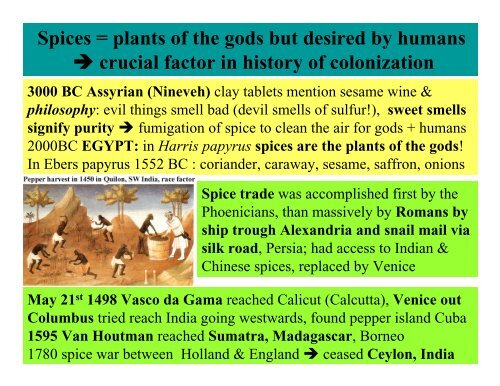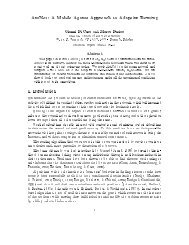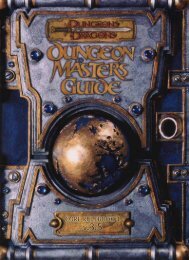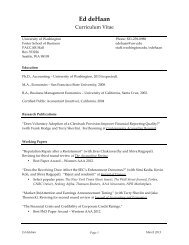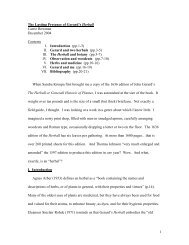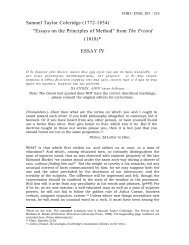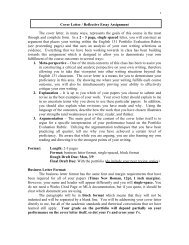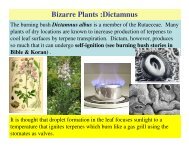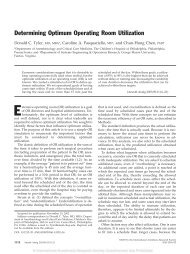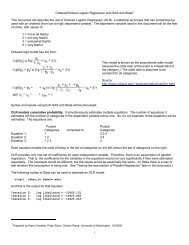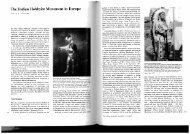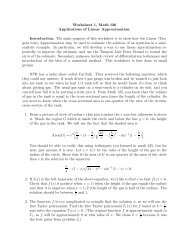Spices and perfumes – driving forces of humans
Spices and perfumes – driving forces of humans
Spices and perfumes – driving forces of humans
Create successful ePaper yourself
Turn your PDF publications into a flip-book with our unique Google optimized e-Paper software.
<strong>Spices</strong> = plants <strong>of</strong> the gods but desired by <strong>humans</strong><br />
crucial factor in history <strong>of</strong> colonization<br />
3000 BC Assyrian (Nineveh) clay tablets mention sesame wine &<br />
philosophy: evil things smell bad (devil smells <strong>of</strong> sulfur!), sweet smells<br />
signify purity fumigation <strong>of</strong> spice to clean the air for gods + <strong>humans</strong><br />
2000BC EGYPT: in Harris papyrus spices are the plants <strong>of</strong> the gods!<br />
In Ebers papyrus 1552 BC : cori<strong>and</strong>er, caraway, sesame, saffron, onions<br />
Spice trade was accomplished first by the<br />
Phoenicians, than massively by Romans by<br />
ship trough Alex<strong>and</strong>ria <strong>and</strong> snail mail via<br />
silk road, Persia; had access to Indian &<br />
Chinese spices, replaced by Venice<br />
May 21 st 1498 Vasco da Gama reached Calicut (Calcutta), Venice out<br />
Columbus tried reach India going westwards, found pepper isl<strong>and</strong> Cuba<br />
1595 Van Houtman reached Sumatra, Madagascar, Borneo<br />
1780 spice war between Holl<strong>and</strong> & Engl<strong>and</strong> ceased Ceylon, India


